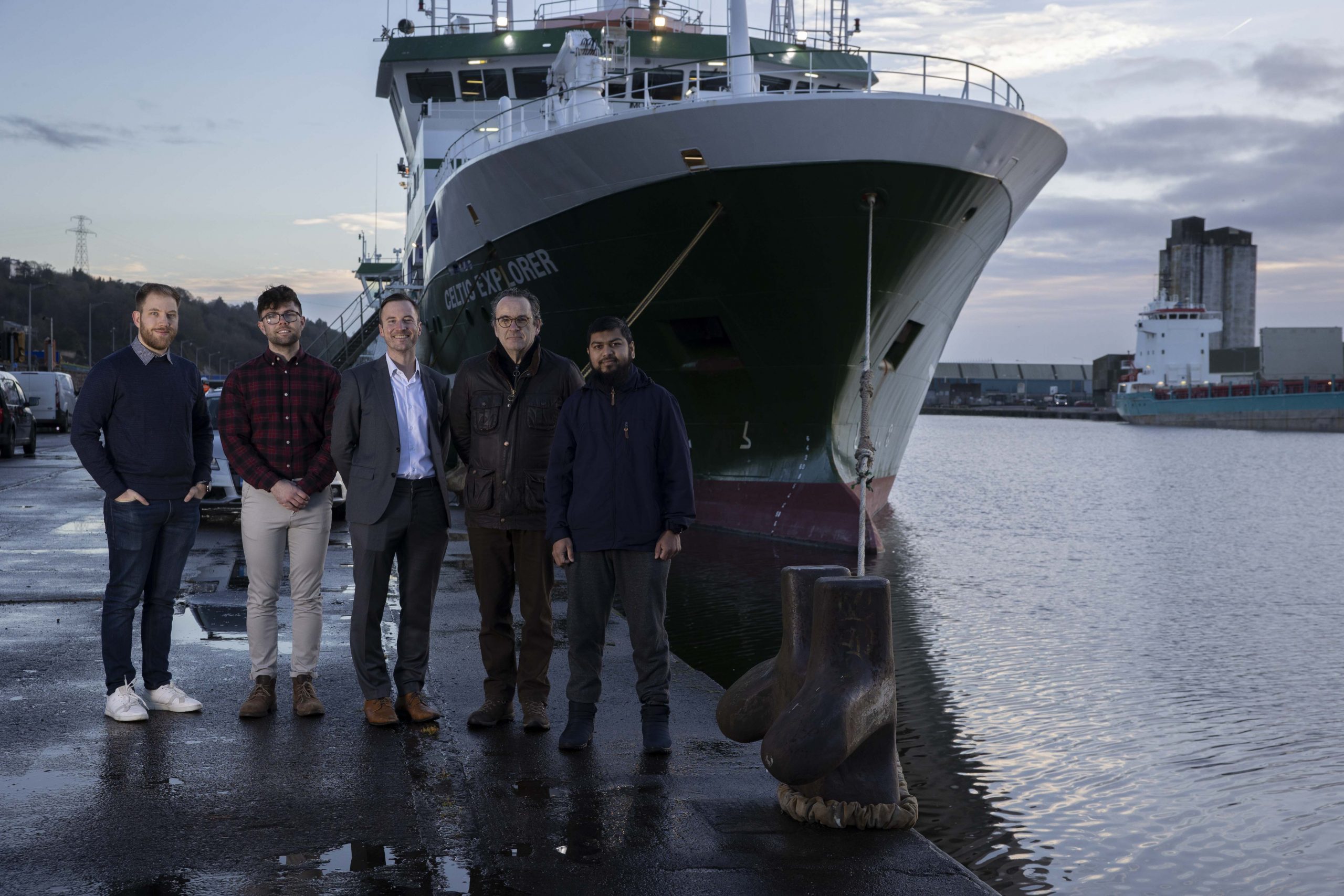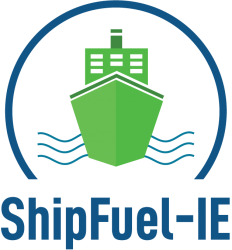
Pioneering ‘Shipfuel’ Initiative To Steer Irish Maritime Sector Towards Low-Carbon Future

As the world grapples with the urgent need to reduce carbon emissions, the maritime industry has been lagging in its efforts to transition the shipping sector from relying on traditional fossil fuels to low-carbon alternatives. In a landmark move for the Irish maritime sector, MaREI, the SFI Research Centre for Energy, Climate and Marine and leading renewable energy consultants Gavin & Doherty Geosolutions (GDG) have announced the inception of the ‘ShipFuel’ research project. This pioneering initiative is set to position Ireland at the helm of maritime sustainability by developing a clear path to support the transformation of the shipping sector’s reliance on traditional fuels to low-carbon alternatives.
The significance of this research, funded by the Sustainable Energy Authority of Ireland and the Department of Transport, cannot be overstated as maritime shipping, accountable for nearly 3% of global CO2 emissions, plays a critical role in international trade, facilitating the transportation of 90% of the world’s goods. Despite its efficiency as a means of transport, the sector’s continued growth threatens to triple emissions by 2050, challenging the objectives of the Paris Climate Agreement and climate goals worldwide. Recognising the urgency to make shipping part of the global climate solution, the ‘ShipFuel’ research project will explore viable alternative fuels and the infrastructural adaptations required within Irish ports.
Professor Jerry D Murphy, Director of the MaREI centre, highlights the project’s critical importance: “Given that 90% of all Ireland’s traded goods are transported by sea, the implications for fuel consumption are immense. Our research aims to deliver a definitive roadmap, leading stakeholders toward a low-carbon, sustainable marine value chain, crucial for our economy and the planet.”
The ‘ShipFuel’ team will engage with stakeholders across the maritime sector to ensure the transition is collaborative, inclusive, and tailored to the unique requirements of the Irish shipping industry. The research will investigate potential fuel options such as hydrogen, compressed biomethane, methanol, and renewable diesel. The project will also look into vessel technologies, including retrofitting existing fleets, aligning with the recently revised ambitions set by the International Maritime Organisation (IMO) for net-zero emissions by ‘around’ 2050.
This initiative comes at a critical juncture as the lack of real action to date on emissions by the maritime sector poses a significant risk to global climate targets. With the IMO’s most recent initiative, the Revised Greenhouse Gas (GHG) Strategy outlining a cautiously optimistic revision of its emissions goals, the ‘ShipFuel’ project’s outcomes are more pertinent than ever in setting a precedent for Irish and international maritime practices.
Commenting at the launch of the research, Jonathan Bull, GDG Managing Director, said, “The maritime sector has historically navigated through politically turbulent waters regarding CO2 emissions reduction. The sector’s exclusion from the Paris Climate Agreement and its significant growth projections have made it a focal point of environmental and political debate. The launch of this research represents positive progress. It’s not just a response to a growing demand for cleaner shipping but may provide a proactive blueprint for the future. Sustainable maritime infrastructure that aligns with economic growth and environmental stewardship and paves the way for the industry’s evolution to meet global climate targets. GDG is delighted to collaborate on this vital research, utilising our global expertise in renewable energy and our leading marine engineering team to help develop tangible solutions for cleaner shipping.”






